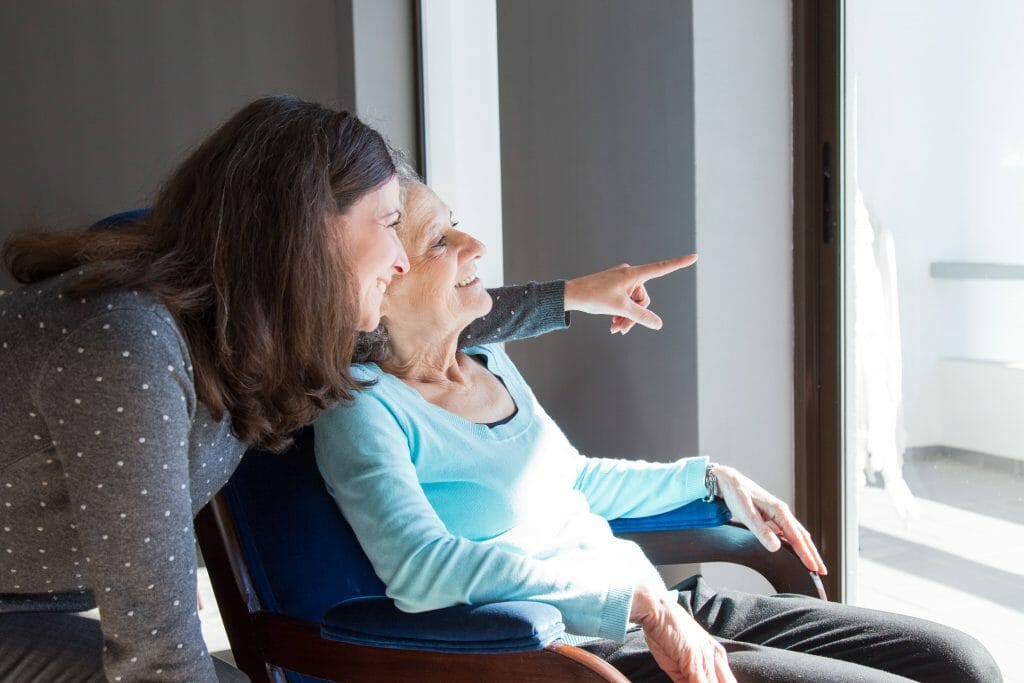Carer Benefit’s
Caring for another person may entitle you to carer benefits. Find out how to get the support that you might be entitled too.

Why should I claim?
Caring is a crucial but demanding job. If you’re looking after a friend or relative, providing practical, physical and emotional support to another person can be hugely rewarding – and exhausting. According to a 2017 survey of 3,800 carers by the charity Carers UK, 40% hadn’t had a day off for more than 12 months.
One in eight UK adults (around 6.5 million people) are carers – and that number is on the rise. Carers UK says that 6,000 people take on a caring responsibility every day and, by 2037, the estimated number of UK carers will increase to nine million. Although three million of the carers in the UK are juggling caring with another job. Along with this one in five people end up giving up their work altogether.
Carers deserve to be compensated for the vital role they play: the service they provide is estimated to save the economy £132 billion each year. But there are so many people are unaware of the benefits they are entitled to. Some think they can only claim if they’re related to the person they care for. Many people make the mistake of thinking that the carer benefits are only paid if they care full-time.
For some people, the stigma attached to claiming benefits may play a part, or perhaps they don’t claim because they think they might not qualify. But there’s no harm in applying, even if you don’t turn out to be eligible.
Am I a carer?
Some people aren’t sure if they actually count as a carer. Every carer is unique: there’s no set job description because every situation is different. They are all ages, backgrounds and can be husbands, wives, partners, children, parents, siblings, friends, or any other relation.
Support this Christmas
According to the Carers Trust, a carer is: “anyone who cares, unpaid, for a friend or family member, who due to illness, disability, a mental health problem or an addiction, cannot cope without their support”.
The NHS describes a carer as, “someone who helps another person, usually a relative or friend, in their day-to-day life. This is not the same as someone who provides care professionally or through a voluntary organisation.”
Caring is rewarding but it can impact on your health, wellbeing, education, career. Not only this, but it can also have a big financial impact, particularly if it forces you to stop work. Or for other reasons like if the equipment and supplies you need to be a carer are expensive.
Carer’s Assessment
If you’re unsure about your status as a carer, you can discuss your needs and situation with the local council. The assessment is not an evaluation of the way you care. It’s an opportunity to talk to your local social care/work department about the way caring is affecting you.
Assessments can take place face or over the phone. They cover how long you’ve been a carer, the kind of care you provide and how caring is affecting you etc.
After the assessment, the department decides if you’re eligible for any support services. If you don’t qualify for support from the social care team, you may be given information to help you manage your situation.
Could I claim Carer’s Allowance?
The main financial support for carers is the Carer’s Allowance. You could be eligible for Carer’s Allowance (£62.70 a week in 2017/18) if you spend 35 hours a week or more caring for someone and you:
- 16 or over
- Aren’t in full-time education (or studying for 21 hours a week or more)
- Earn £116 a week or less (after taxes, care costs while you’re at work and 50% of what you pay into your pension)
The person you’re caring for must also be getting a benefit, such as the Disability Living Allowance, because of their illness or disability. You don’t have to be related to, or even live with, the person you care for. Don’t forget that you won’t be paid extra if you care for multiple people.
Carer’s Allowance is paid into your bank account weekly (in advance) or every four weeks. The allowance is counted as taxable income, which is important if you’re getting tax credits or other means-tested benefits. You should always talk to the person you’re caring for before you make a claim. This is because it could affect any of the benefits they receive. You also need to make sure no one else is already claiming the allowance for looking after them.
You can claim for Carer’s Allowance online, on the phone or by post. To find out more visit the government website.
Carer’s Credit
If you’re caring for someone for at least 20 hours a week, and missing your National Insurance contributions, you might be eligible for Carer’s Credit. Carer’s Credit helps with gaps in your N.I. record (which your State Pension is based on).
If you’re over 16, aren’t yet getting a State Pension and don’t qualify for Carer’s Allowance, you can claim for this benefit. ( But you’ll need to make sure the person you’re caring for receives a benefit because of their illness or disability).
Carer Premium
If you meet the criteria for Carer’s Allowance (whether or not it’s actually being paid – other means-tested benefits may affect your payments) you may qualify for some extra money or a Carer Premium.
If you’re a carer, but you already get Income Support, Universal Credit, Housing Benefit, Council Tax Support, Income-based Jobseeker’s Allowance or Income-related Employment and Support Allowance, you may be entitled to additional payments.

